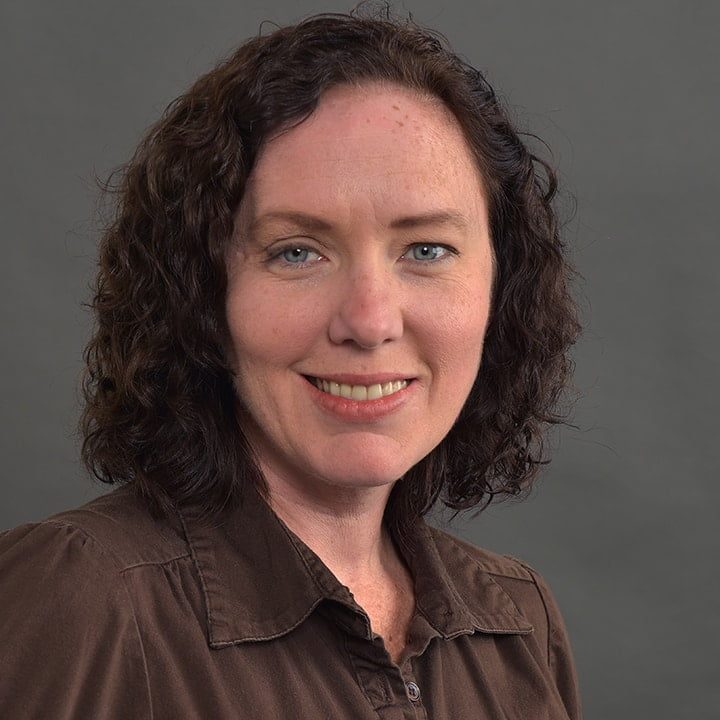
Functional Supervision: What It Is and What It Takes to Be a Successful Supervisor
Heather McGee
What does it mean to provide “supervision”? The term “supervision” seems to have come to mean many different things within the field of behavior analysis. This is particularly true when comparing how the term is used in ABA professional certification/development circles versus OBM circles. In this talk, I will describe the various functions of supervision in human service settings, and discuss the role that OBM plays (or does not play) in each. Additionally, I will discuss the knowledge, skills, and abilities (KSAs) required of performers within each supervision function, and provide recommendations for how supervisors might gain those KSAs beyond the required BACB® supervision training and coursework.
Presented at the 2022 Michigan Autism Conference
Heather M. McGee is an Associate Professor of Psychology and Co-Chair of the Industrial/Organizational Behavior Management graduate program at Western Michigan University (WMU). She received her B.S. (1998), M.A. (2003), and Ph.D. (2004) from WMU. Dr. McGee also consults with organizations, specializing in helping small businesses, non profits & human service settings by providing a variety of performance analysis, performance improvement, and training services. Dr. McGee has designed, developed and implemented organizational performance solutions in a variety of industries and settings, including autism service agencies, the pharmaceutical industry, education, and health and human services. These solutions have included performance-based instruction, performance management, behavioral systems changes, and lean sigma initiatives. Dr. McGee is the former Executive Director of the Organizational Behavior Management (OBM) Network and serves as an associate editor for the Journal of Organizational Behavior Management (JOBM), and on the editorial board for Behavior Analysis: Research and Practice. Additionally, she serves on the Board of Directors for ALULA, and on Advisory Boards for Empower Behavioral Health and Cambridge Center for Behavioral Studies.
